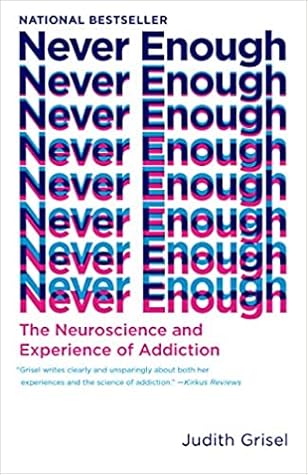More on this book
Community
Kindle Notes & Highlights
Read between
July 4 - July 19, 2019
This gloomy cell of repetition occupied by every addict, despite variation in periodicity, strips us of our most precious commodity, the freedom to choose. This is why I’m not against drugs or drug use, but am so thoroughly opposed to addiction: it strips us of our precious freedom.
Ultimately, this freedom is the antidote to addiction. When I occasionally hear sober people say that using is no longer an option, I cringe. It is precisely an option. That’s exactly the point.
At the pubs my husband favors, microbrews are listed by their names and alcohol content. Not only do I think that high-content beers are worth more, but I’m secretly disappointed when he picks a low-octane choice and feel he’s wasting both time and money.
To my way of thinking, the value of any drug is purely in its ability to take me away from myself, and even though I love my life today, I haven’t overcome this mind-set.
So, who’s to blame for the epidemic of addiction? The truth is no one is to blame, but we are all responsible.
Desperation in any form leads to depraved acts. Social psychology has shown that a primary difference between upstanding citizens and depraved criminals is our circumstances, including many of which are beyond our control.
In short, now is the time for us to recognize that our brains are not the source of who we are or the path to who we might become.
As James Baldwin said, “We can’t fix what we won’t face,” so let’s see it and say it.
Together we nourish the epidemic of addiction by espousing false dichotomies like “us” versus “them” or “well” versus “sick.” In doing so, we embrace the myth that happiness can be pursued at the individual level, and therefore perpetuate a culture of isolation and alienation. In so doing, we further preclude the possible benefits that might be realized by a more diverse, inclusive community.


